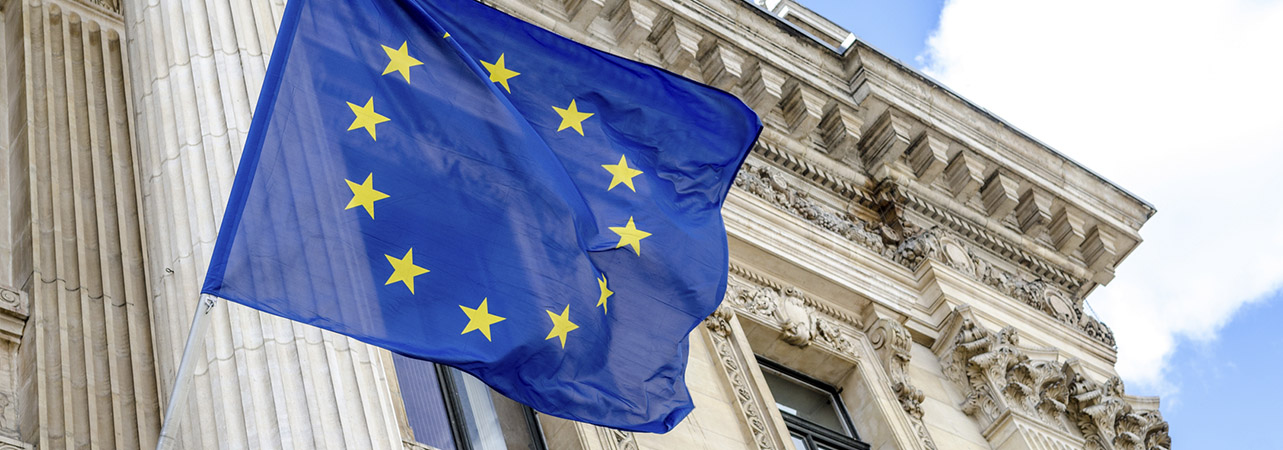Prospects for Europe’s economic recovery were set back during October by the implementation of tighter lockdown restrictions as the second wave of the coronavirus pandemic intensified.
To view the series of market updates through October, click here
- The ECB is widely expected to expand its stimulus measures
- October ended without a post-Brexit trade deal
- The eurozone’s economy grew by 12.7% in Q3
Prospects for Europe’s economic recovery were set back during October by the implementation of tighter lockdown restrictions as the second wave of the coronavirus pandemic intensified. Several countries – including France, Germany, Belgium, Spain, and Italy – introduced fresh restrictions on their populations.
“We have done it for the first wave; we will do it again for the second wave” (Christine Lagarde)
President of the European Commission Ursula von der Leyen said: “The Covid-19 situation is very serious. We must step up our EU response”. Policymakers at the European Central Bank (ECB) indicated that they were prepared to increase stimulus measures: officials are set to assess the economic outlook and the balance of risks in December, and will then “recalibrate” their instruments to ensure “favourable” financing conditions. ECB President Christine Lagarde pledged support, stating: “We have done it for the first wave; we will do it again for the second wave”.
As cases of Covid-19 continued to rise, business sentiment in Germany worsened for the first time in six months during October, according to the Ifo Institute, which commented: “German business is becoming increasingly worried”. Although confidence amongst manufacturers returned to positive territory for the first time since June 2019, sentiment within the services sector deteriorated sharply. The Dax Index dropped to its lowest level since May during October, and the index fell by 9.4% over the month; meanwhile, France’s CAC 40 Index declined by 4.4%.
Having contracted by 11.8% in the second quarter, the eurozone’s economy grew by 12.7% during the third quarter as activity benefited from the lifting of lockdown restrictions. Germany’s economy expanded by 8.2% during the quarter, while France’s economy grew by 18.2%. However, on an annualised basis, they contracted by 4.2% and 4.3% respectively. German exports rose for a fourth consecutive month during August; they climbed by 2.4% but remained 9.9% below their pre-Covid levels.
Brexit negotiations continued during October, but the UK and EU ended the month without reaching a post-transition trade deal. The three principal areas of contention between the two parties remained the level playing field, fisheries, and governance. The EU’s Chief Brexit Negotiator, Michel Barnier, said: “Our door remains open and will remain open up to the last possible day so we can continue to work together … but it takes two to make a deal. That is why we must also be ready to assume the consequences of a possible no deal”.






